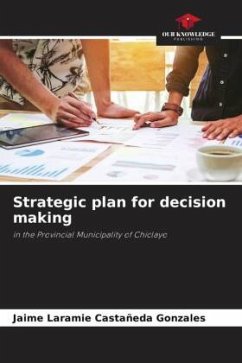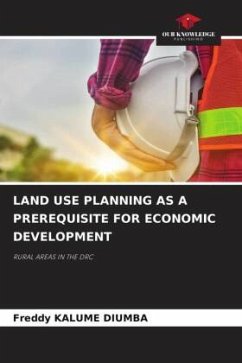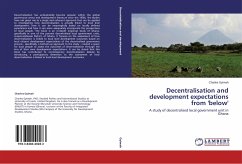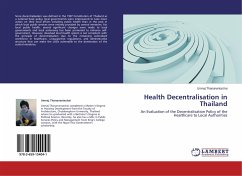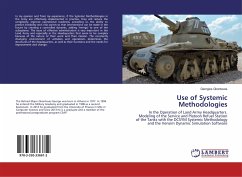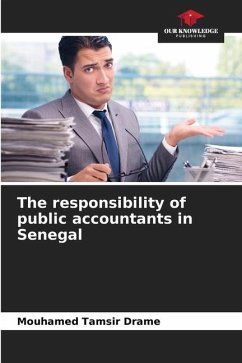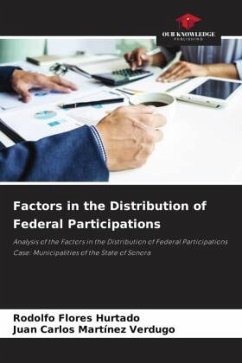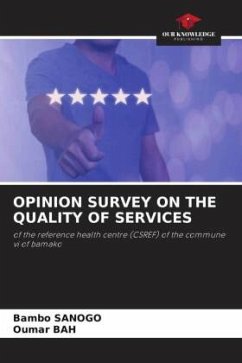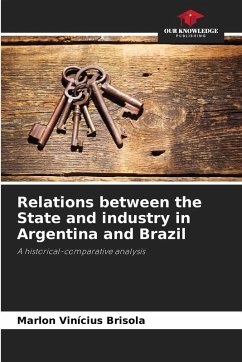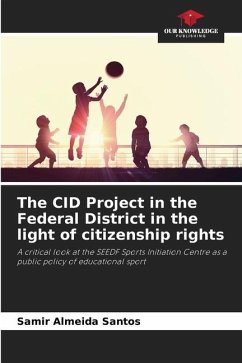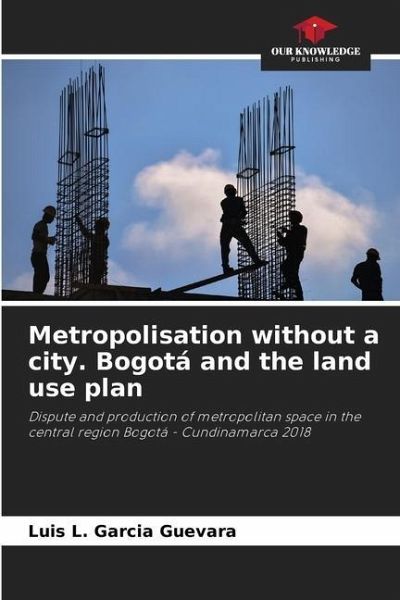
Metropolisation without a city. Bogotá and the land use plan
Dispute and production of metropolitan space in the central region Bogotá - Cundinamarca 2018
Versandkostenfrei!
Versandfertig in 6-10 Tagen
41,99 €
inkl. MwSt.

PAYBACK Punkte
21 °P sammeln!
The work makes an analysis of the process of urbanization of the territory of the central region Bogotá - Cundinamarca (Colombia), derived from the insertion of Colombia in the circuit of international capitalism, throughout the twentieth century and with special emphasis in the period 2000 - 2018, period in which operate the main restructurings of the capitalist mode of production and the opening of the territory of the region, for large international investments. The work is focused on two fundamental aspects: On the one hand, it makes an approach to the political and administrative transfo...
The work makes an analysis of the process of urbanization of the territory of the central region Bogotá - Cundinamarca (Colombia), derived from the insertion of Colombia in the circuit of international capitalism, throughout the twentieth century and with special emphasis in the period 2000 - 2018, period in which operate the main restructurings of the capitalist mode of production and the opening of the territory of the region, for large international investments. The work is focused on two fundamental aspects: On the one hand, it makes an approach to the political and administrative transformations derived from the processes of decentralization and territorial planning, introduced in Latin America and Colombia at the end of the twentieth century, as an ideological imposition of the ruling class, to adapt the territory according to the free movement of capital and concordant with the processes of global accumulation and economic dependence. On the other hand, the transformationsof the imposition of this model in the territory are analyzed, resulting in a homogeneous, fragmented and highly hierarchical space (the space of modernity), which achieves a functional specialization for international trade, and an unprecedented urban expansion.



